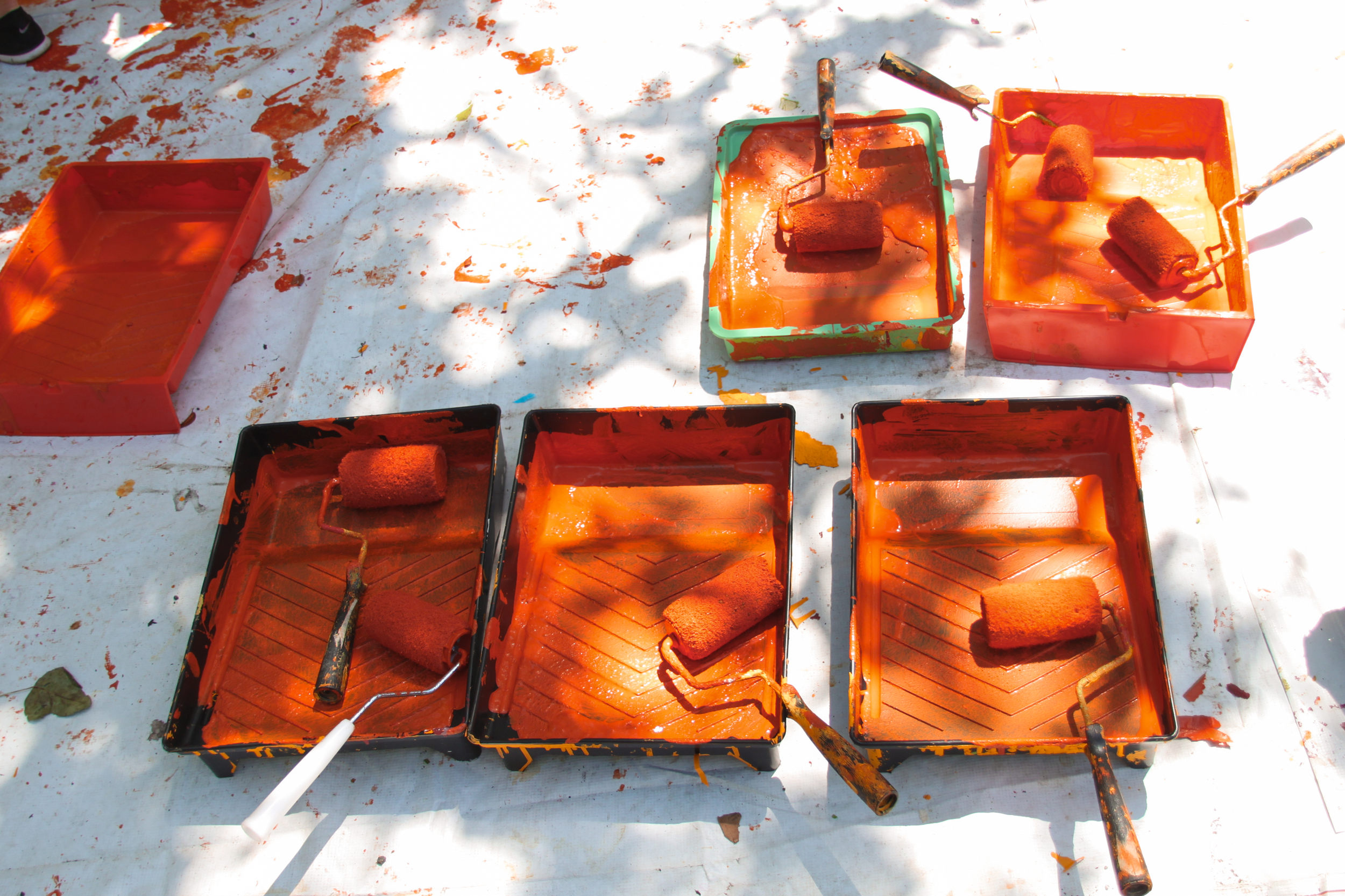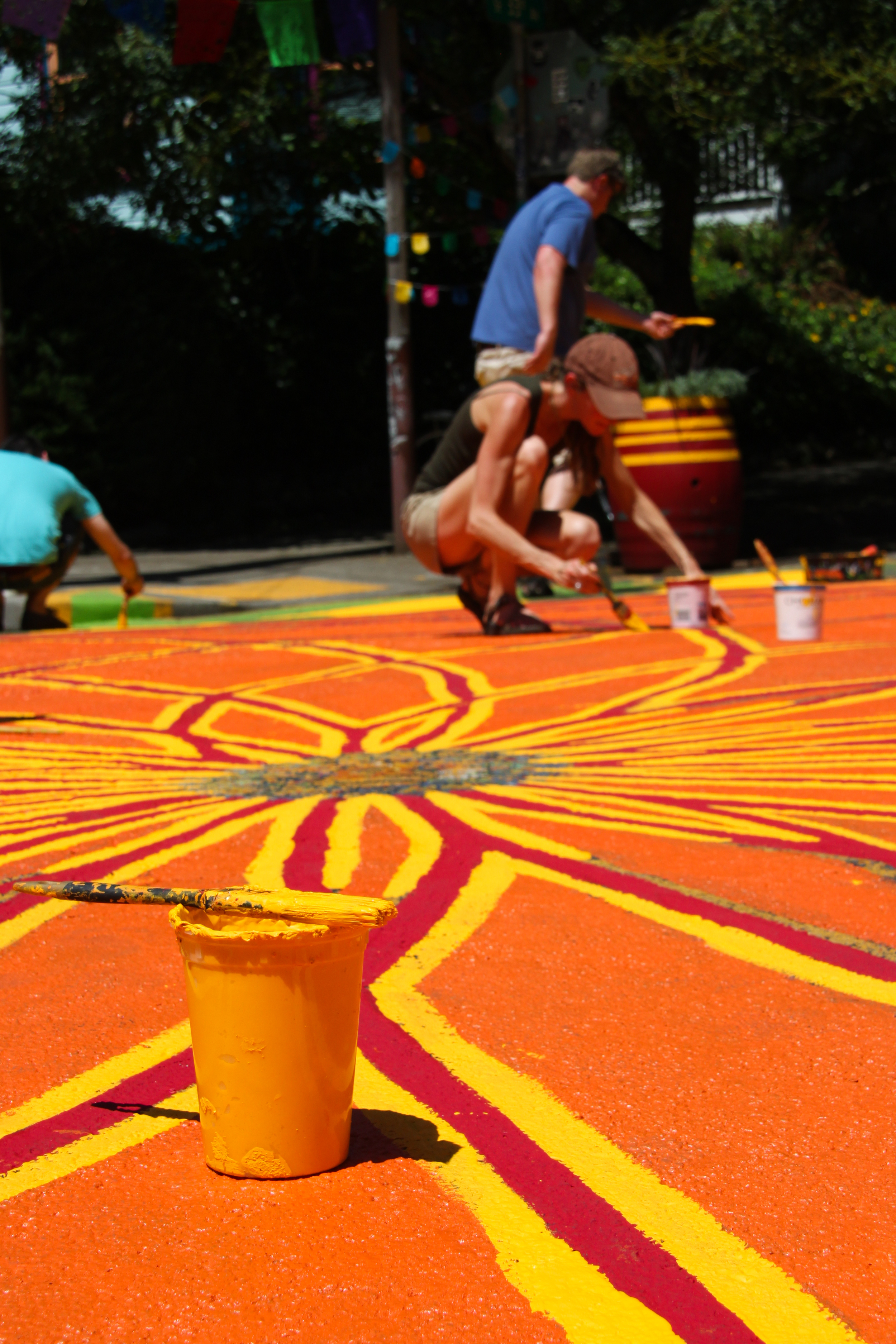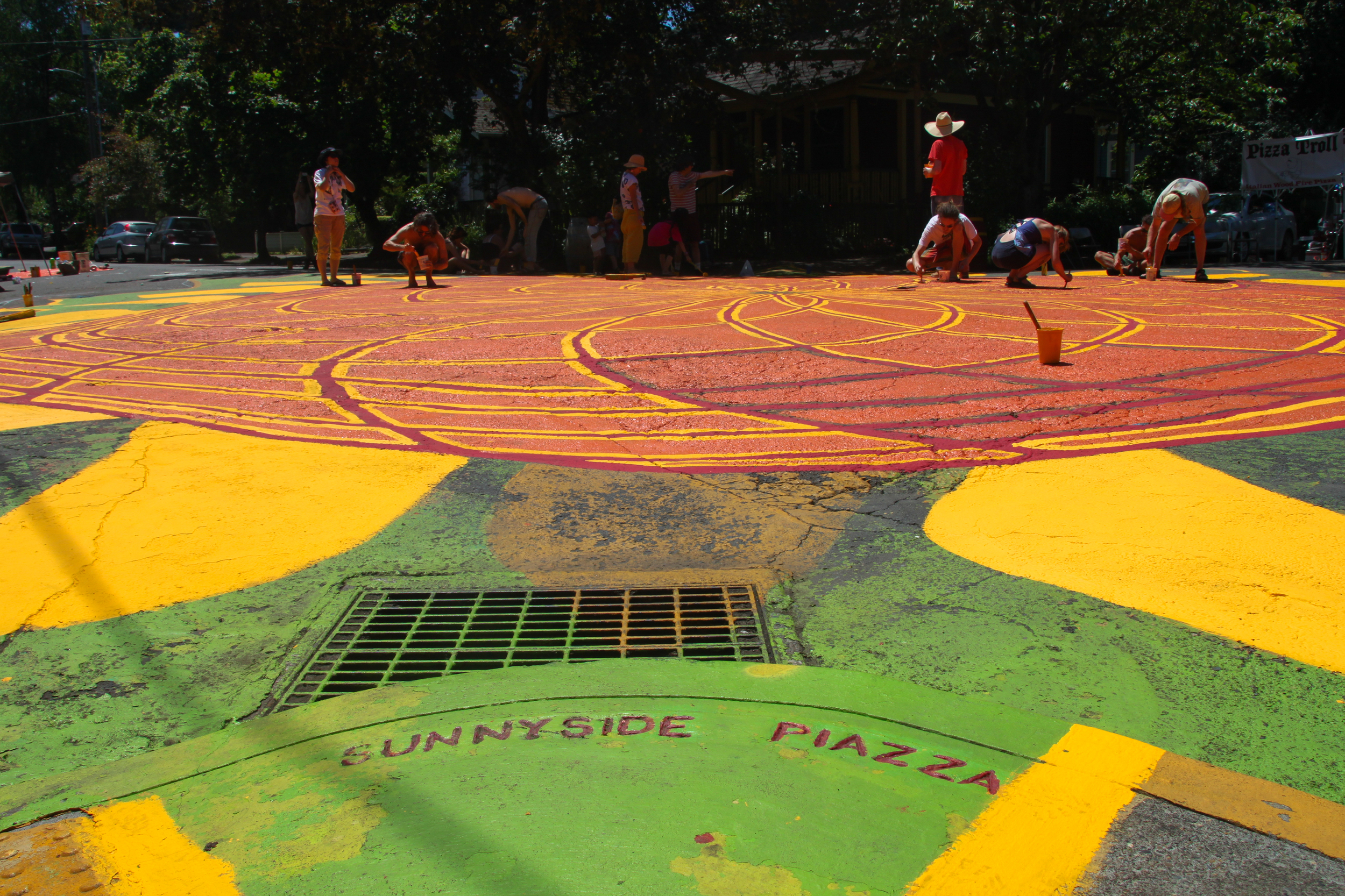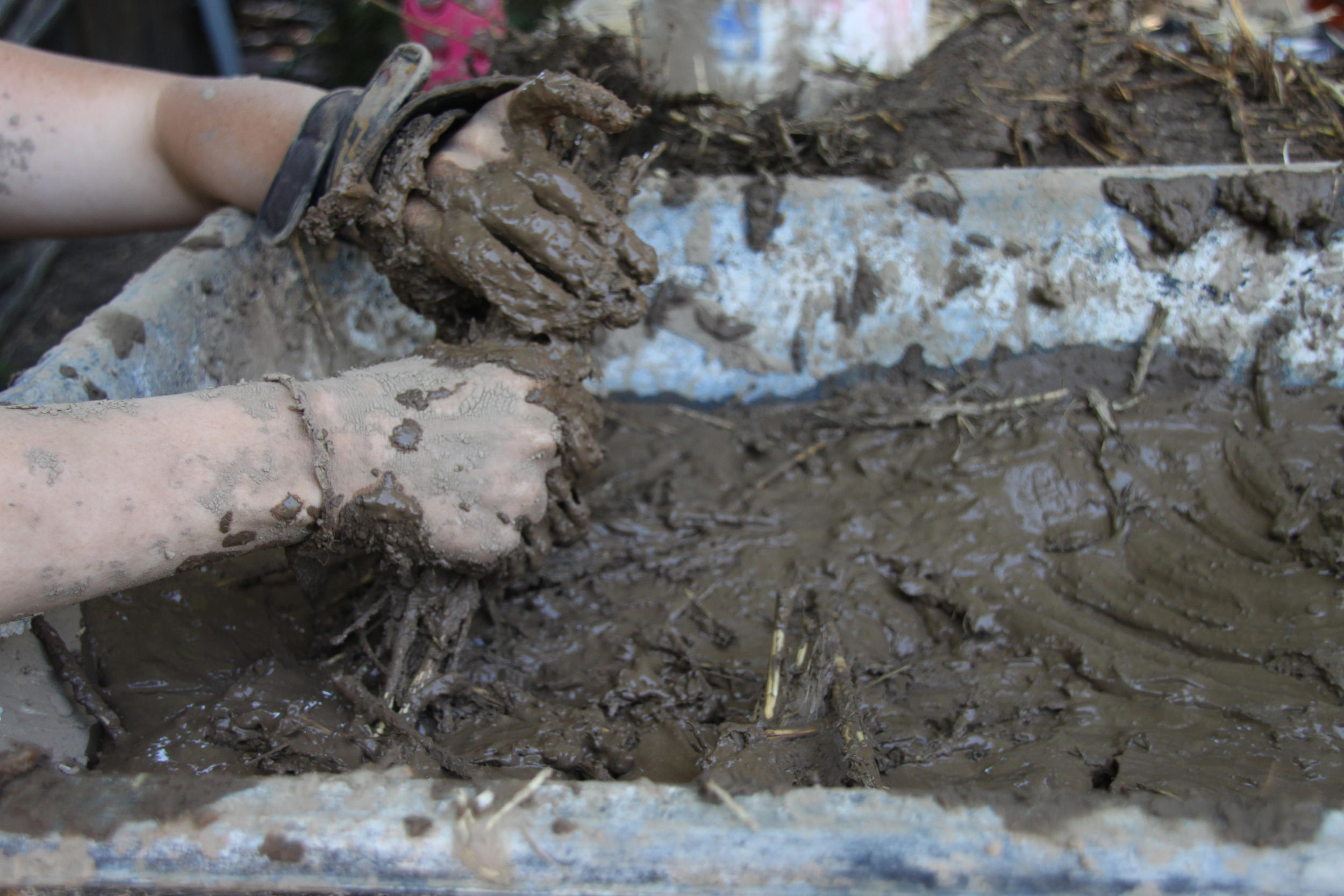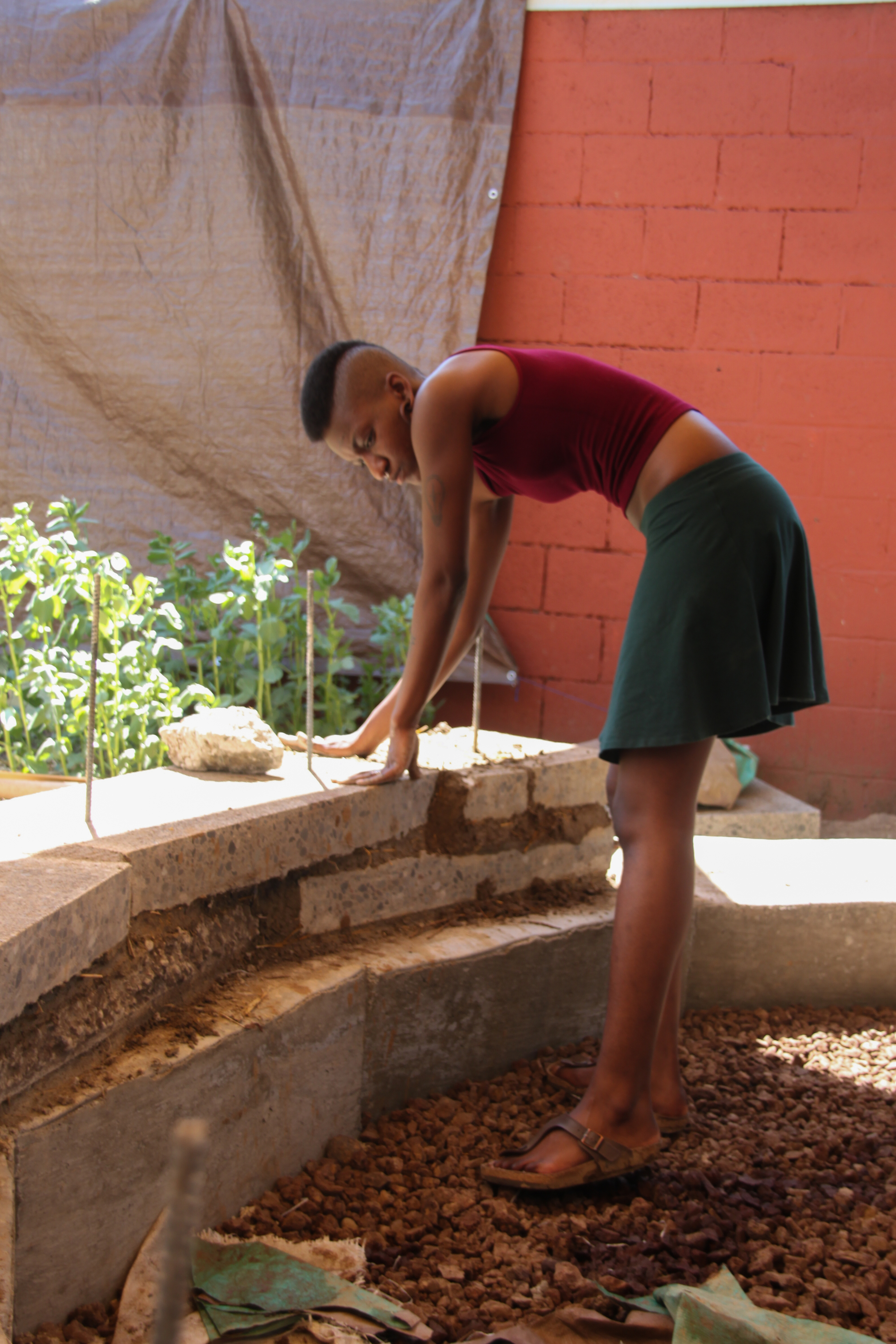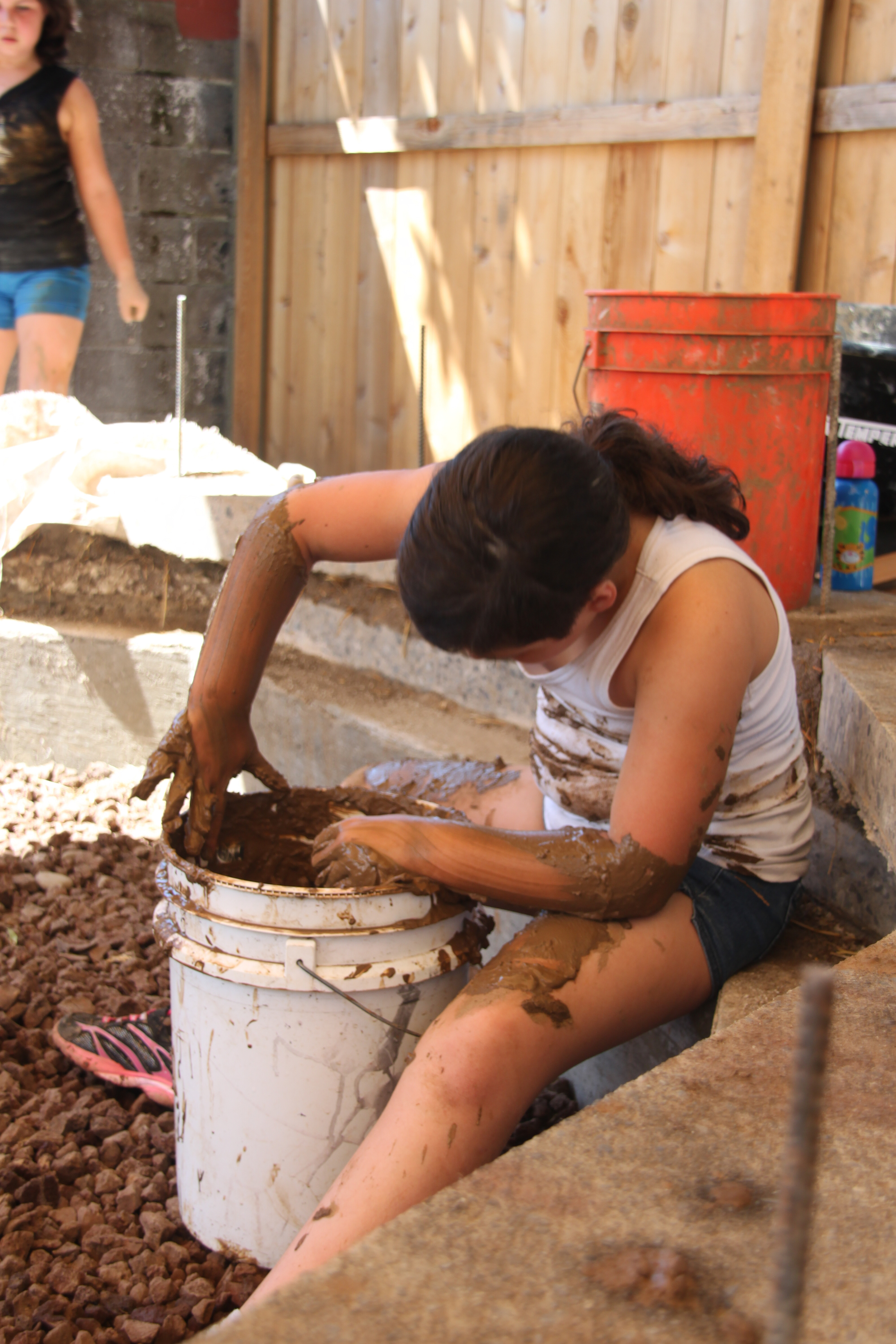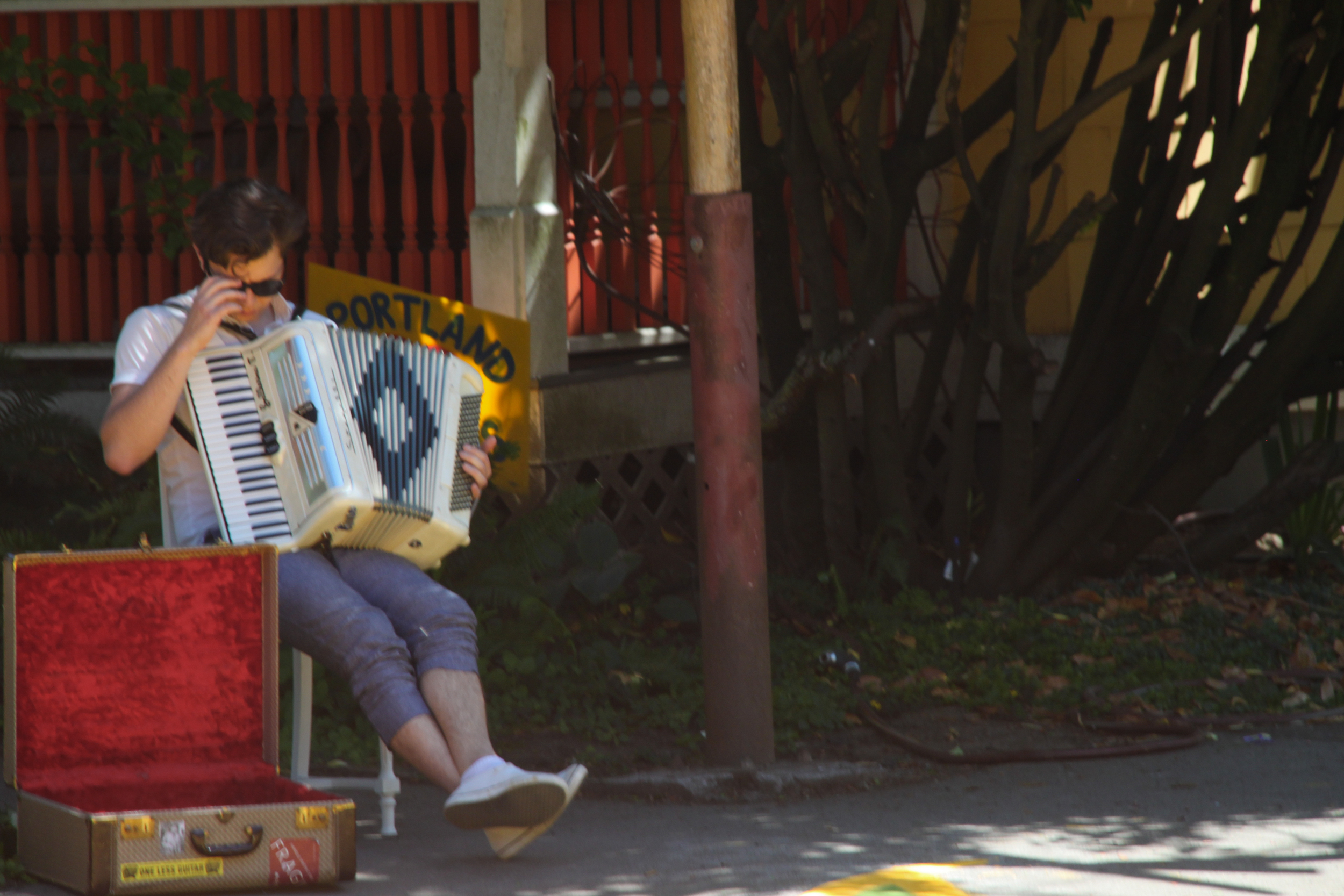Heather takes Portland: Post-VBC reflections on Placemaking and “Community”
Story and photos by Heather Liang, a City Repair summer intern, who is studying "Growth and Structure of Cities" at Bryn Mawr College in Pennsylvania.
“What if I went to Portland for the summer?” –me, May 9th , 2016 1:02 am.
“omg how am I in Portland? How did this happen?” –also me, May 29th , 2016, 12:10 pm.
Landing in Portland at the end of May, I had no idea where to begin exploring and discovering the city that would be my home for the next two months while I interned with The City Repair Project. Of course, I was excited, but I was also wholly terrified. Having planned the whole trip in less than 3 weeks, and not knowing anyone in the city, I had no idea how to navigate public transportation, which obligatory tourist sites to visit, which streets to stroll, what art to see, how to meet people, and whether or not I would be able to feed myself. Over a month in and a great deal of those anxieties still remain, but I have learned that I can make pretty passable Chinese food, and more importantly, I have met some of the most incredible and inspiring folks through City Repair.
“Portland is one of those cities you can immerse yourself in and feel comfortable.”
Starting to work with City Repair just days before the Village Building Convergence opened was the true definition of hitting the ground running. After a quick crash-course from the core team, I found myself in the full swing of VBC, on a completely unexpected and foreign adventure.
Between visiting placemaking sites around the city and helping out at the central venue, I met folks from all walks of life coming together to learn about and celebrate permaculture, sustainability, art, community, and personal and collective growth. I engaged in and witnessed so many genuine connections and valuable conversations about the nuanced processes involved in the change and growth of our city spaces.
In college, I am majoring in Growth and Structure of Cities, studying the ways in which built environments impact aspects of social environments and vice versa. My academic interests drew me to City Repair’s initiatives to reclaim and transform public spaces to benefit the growth and development of the city. Approaching VBC (and Portland) with this framework in mind, I was – and continue to be – in awe of the existing interconnectedness between physical and social environments here, and the sheer force of the collective community effort aiming to strengthen that connection. I think that the placemaking sites perfectly demonstrate this effort. By allowing people to take ownership of and transform their physical environments, the inception and creation of these sites foster a certain sense of camaraderie, not just between people in the neighborhood, but also between people who come out to create and maintain the sites.
“It takes a village,” and that’s exactly what we have.
A professor and mentor of mine has an aversion to the word “community” because he thinks that it has been overused to a point of vagueness. He encourages us to unpack what “community” means whenever we feel the itching desire to use the word, which in Cities classes is often. As a result, I have become pretty sensitive to this word. Unsurprisingly, “community” came up often during VBC – it is, ultimately, what folks came together to find and to build. By bringing together people with common interests to collaborate with, learn from, and engage with each other and their surroundings, VBC provided a framework that encouraged small and large communities alike to flourish and grow.
What I found most impressive about VBC, and what I am convinced makes Portland so unique, is the willingness that people have to connect with others. Everyone seemed so friendly and genuinely willing to listen to one another and put work and heart into each other’s projects, which seems to be what ultimately makes possible not only these projects but also long-term change. Maybe that is the key to “community”.


